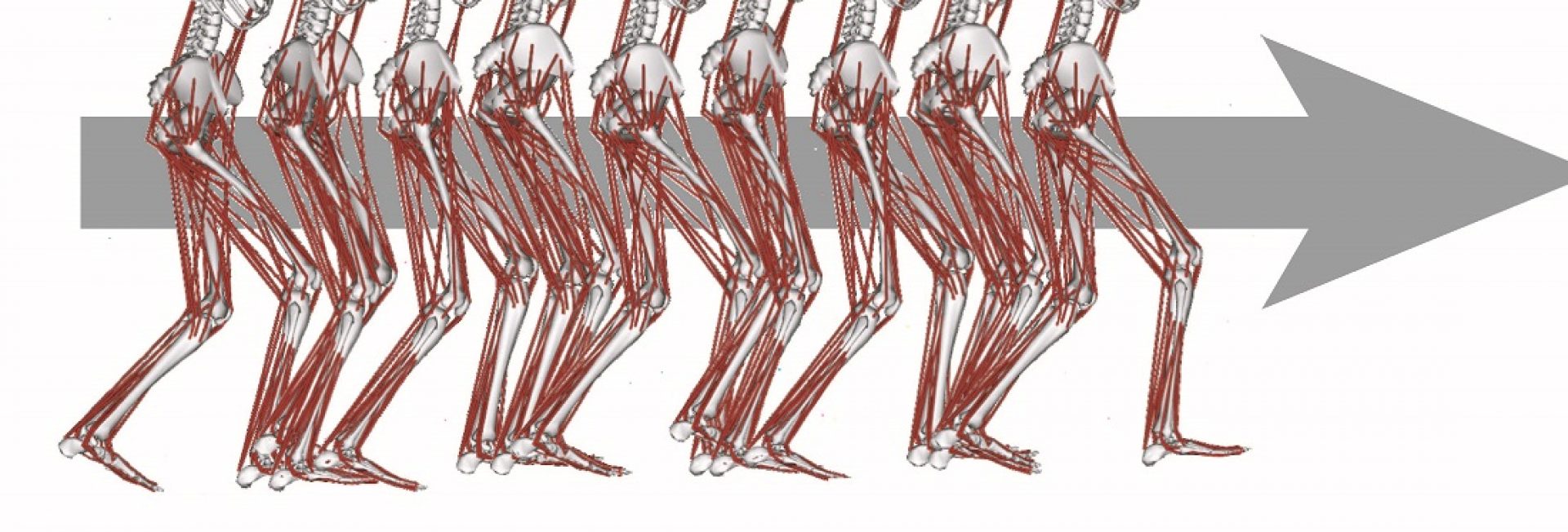
Why Everyone Should Learn a Bit of Signal Processing
If you’ve ever adjusted an Instagram filter, used noise cancellation on a plane, or asked Siri to play Taylor Swift, then you’ve used signal processing—the mathematical art of massaging, analyzing, and extracting meaning from data that changes over time. It’s behind your music, your fitness tracker, your MRI scan, and maybe even your job application. And while it might sound like an electrical engineer’s pet topic, signal processing is actually a foundational—and surprisingly flexible—tool across tech, science, and modern careers.
So if you’re a student wondering what to do with that Fourier Transform assignment, or why your professor keeps talking about “filtering out noise,” read on. Signal processing isn’t just useful—it’s everywhere.



